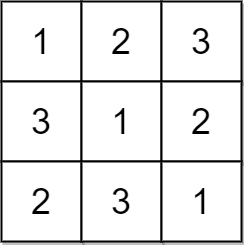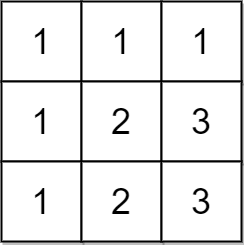You are given an integer array nums. A number x is lonely when it appears only once, and no adjacent numbers (i.e. x + 1 and x - 1) appear in the array.
Return all lonely numbers in nums. You may return the answer in any order.
Example 1:
Input: nums = [10,6,5,8] Output: [10,8] Explanation: - 10 is a lonely number since it appears exactly once and 9 and 11 does not appear in nums. - 8 is a lonely number since it appears exactly once and 7 and 9 does not appear in nums. - 5 is not a lonely number since 6 appears in nums and vice versa. Hence, the lonely numbers in nums are [10, 8]. Note that [8, 10] may also be returned.
Example 2:
Input: nums = [1,3,5,3] Output: [1,5] Explanation: - 1 is a lonely number since it appears exactly once and 0 and 2 does not appear in nums. - 5 is a lonely number since it appears exactly once and 4 and 6 does not appear in nums. - 3 is not a lonely number since it appears twice. Hence, the lonely numbers in nums are [1, 5]. Note that [5, 1] may also be returned.
Constraints:
1 <= nums.length <= 1050 <= nums[i] <= 106
Solution: Counter
Computer the frequency of each number in the array, for a given number x with freq = 1, check freq of (x – 1) and (x + 1), if both of them are zero then x is lonely.
Time complexity: O(n)
Space complexity: O(n)
C++
|
1 2 3 4 5 6 7 8 9 10 11 12 13 14 |
// Author: Huahua class Solution { public: vector<int> findLonely(vector<int>& nums) { unordered_map<int, int> m; for (int x : nums) ++m[x]; vector<int> ans; for (const auto [x, c] : m) if (c == 1 && !m.count(x + 1) && !m.count(x - 1)) ans.push_back(x); return ans; } }; |

